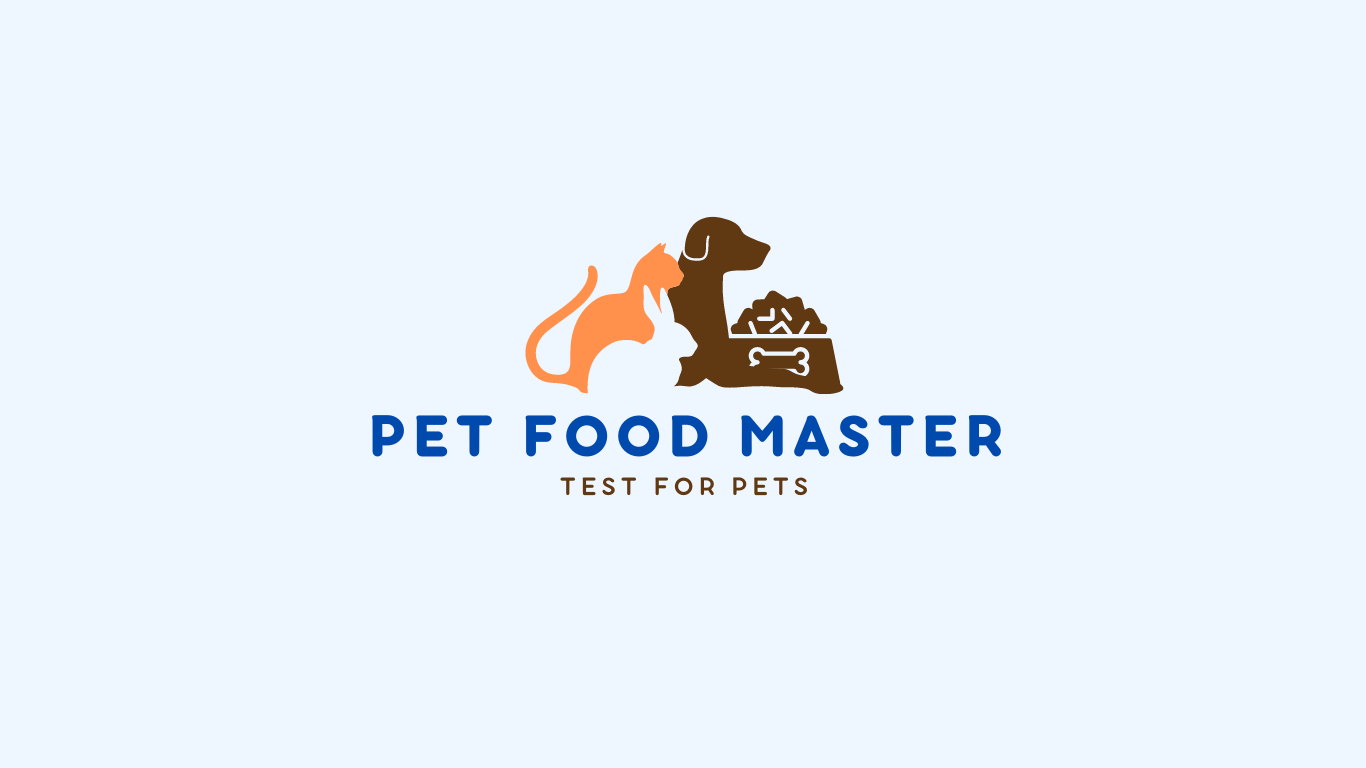Pet food allergies: Managing food allergies in pets
Managing Food Allergies and Sensitivities in Pets
As pet owners, we want nothing but the best for our furry companions, including a diet that keeps them healthy and happy. However, food allergies and sensitivities can present significant challenges, impacting our pets' well-being and quality of life. In this blog post, we'll delve into the world of food allergies and sensitivities in pets, exploring their causes, symptoms, and most importantly, how to manage them through proper nutrition.
Understanding Food Allergies and Sensitivities: Food allergies and sensitivities occur when a pet's immune system reacts adversely to certain ingredients in their diet. While food allergies involve an immune response to specific proteins, sensitivities may result from intolerances to other ingredients like grains or additives. These reactions can manifest as a range of symptoms, from itching and skin issues to gastrointestinal upset.
Common Symptoms of Food Allergies and Sensitivities: Identifying the symptoms of food allergies and sensitivities is crucial for prompt intervention and relief for your pet. Watch out for signs such as excessive itching, scratching, ear infections, digestive disturbances like vomiting or diarrhea, and skin problems like redness, inflammation, or hot spots.
Identifying Trigger Ingredients: Certain ingredients are more likely to trigger allergic reactions or sensitivities in pets. These include common allergens such as chicken, beef, dairy, wheat, corn, soy, and artificial additives. Understanding which ingredients your pet reacts to can help you make informed choices about their diet and avoid potential triggers.
Diagnostic Testing and Elimination Diets: If you suspect that your pet has a food allergy or sensitivity, consult with your veterinarian for diagnostic testing. This may involve blood tests, skin tests, or elimination diets to pinpoint the offending ingredients. Through a systematic approach, you can identify the specific triggers and develop a tailored treatment plan for your pet.
Managing Food Allergies and Sensitivities Through Nutrition: Diet plays a crucial role in managing food allergies and sensitivities in pets. Consider the following strategies:
Opt for hypoallergenic or limited ingredient diets formulated to minimize allergen exposure.
Read pet food labels carefully to avoid common triggers and select products that meet your pet's dietary restrictions.
Introduce novel protein sources and carbohydrate alternatives to diversify your pet's diet and reduce the risk of sensitivities.
Supplements and Treatments: In addition to dietary modifications, supplements and treatments can support your pet's digestive health and immune function. Omega-3 fatty acids, probiotics, and digestive enzymes may help alleviate symptoms and promote overall well-being. Consult with your veterinarian to determine the most appropriate supplements and treatments for your pet's specific needs.
Best Products recommendation :
Conclusion: Food allergies and sensitivities can pose challenges for pet owners, but with the right approach, they can be effectively managed. By understanding the causes, symptoms, and management strategies outlined in this guide, you can provide your pet with the support they need to thrive. Stay vigilant, stay informed, and remember that your veterinarian is your best ally in ensuring your pet's health and happiness. Stay tuned for more insights and tips on pet nutrition from Pet Food Master!
Call to Action
Don't forget to leave a comment, using our links not only supports our blog but also gives you access to the best prices and selections available.

